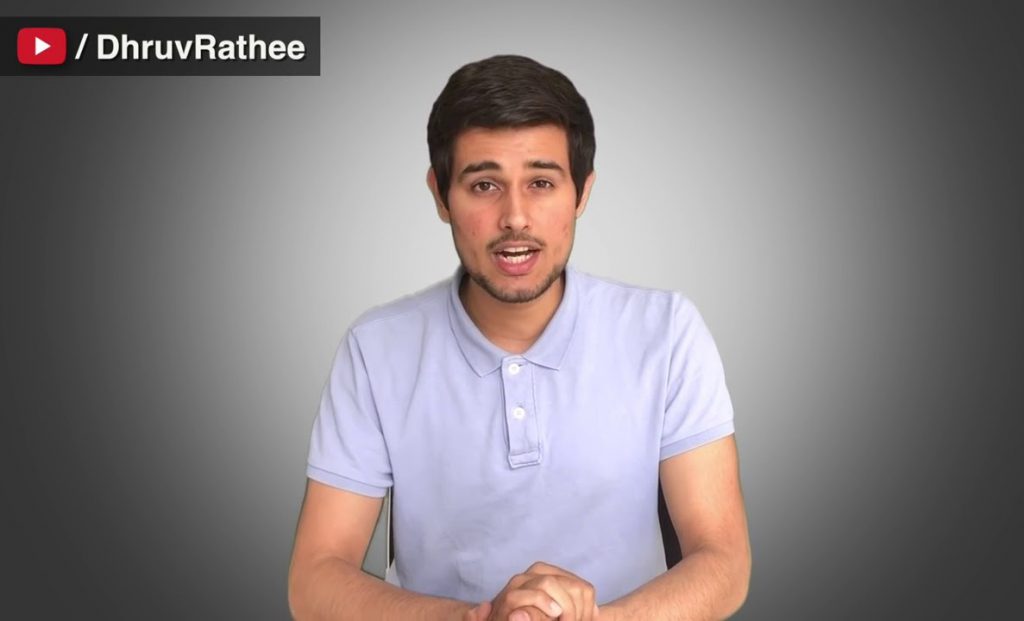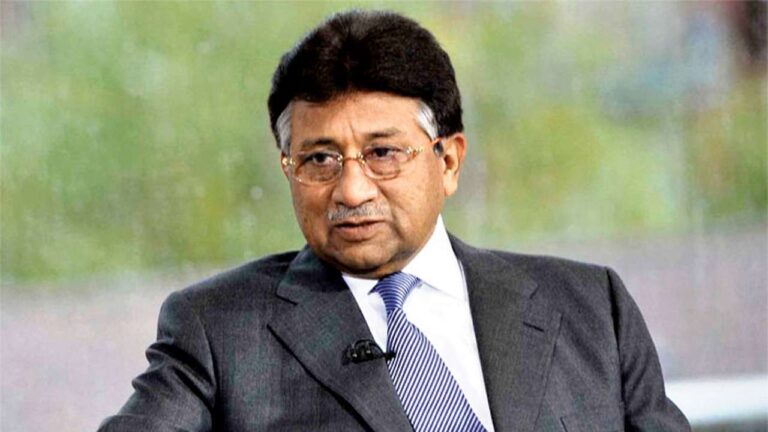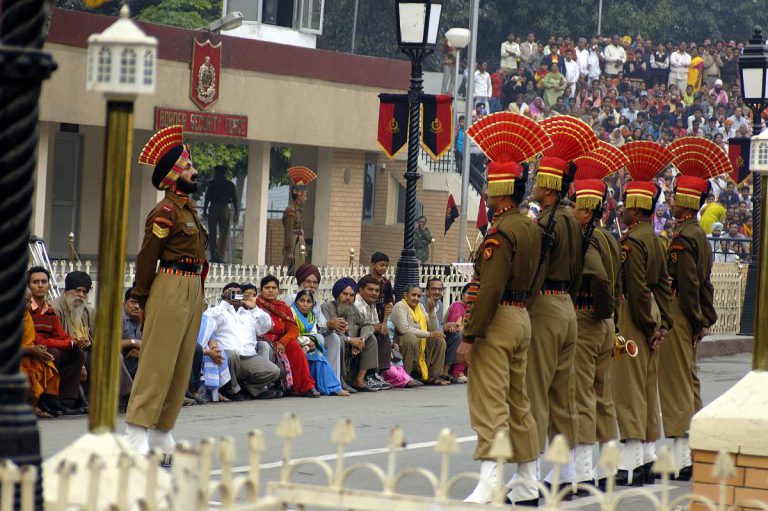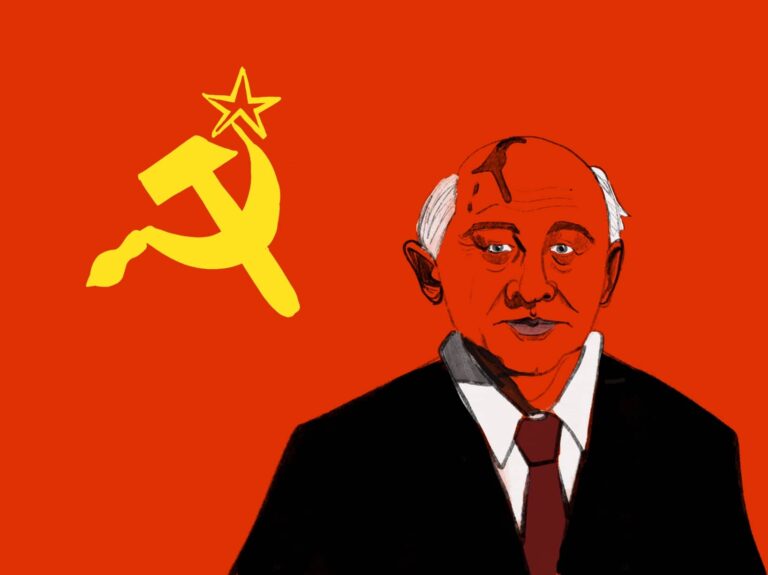TikTok vs YouTube: Where Dhruv Rathi goes wrong

[responsivevoice_button voice=”US English Female” buttontext=”Read out this Theel for me”]
Popular YouTuber Dhruv Rathi uploaded a video talking about the new YouTube versus TikTok controversy. Many people commented, expressing their surprise as the former usually talks about political and socio-economic issues. But Rathi being consistent (he also gives a second to the need for maintaining consistency in the video) to his style and content criteria dedicates the video to exposing subtly hidden social aspects in the whole controversy. I was encouraged to watch the video because, finally, someone had given voice to the feelings I had been having for quite some time.
He talks about how the highly popular CarryMinati and other such videos roasting TikTok and TikTokers, are classist and insult other communities like LGBTQ. He links the class angle to the low entry barriers to the platform. While his comments help highlight the hidden discriminatory aspects of the issue, they merely succeed in making an intellectual point and fall short of actually moving anyone, including himself.
Dhruv Rathi begins by telling us why he ‘personally’ prefers YouTube over TikTok for various reasons. Firstly, he argues that TikTok requires less attention span and thereby reduces our attention span in general. It induces a lack of patience. He believes that the platform cannot be used to teach anything new. And in general, it leads to a reduction in the concentration of the people exposed to such content. Secondly, he says TikTok promotes passiveness because one does not even need to search for content. One keeps watching content that is generated by the TikTok algorithm. This makes it much more addictive than YouTube. He compares TikTok to a casino slot machine. The happiness generated is short term and leads to sadness and anxiety in the long term. Thirdly, it is a Chinese platform. And therefore, it manipulates and censors content criticizing the Chinese government. He expresses suspicion about what else it might be doing that we are not aware of.
While Rathi’s points sound very sensible to the privileged parts of me, another part me that is trying to acknowledge the deprived backgrounds and profound social inequality is unimpressed.
In criticizing TikTok and beginning the video by saying that TikTok is not his preferred platform, he ultimately does denigrate the platform and its performers in a slightly more sophisticated way than CarryMinati does. What he is saying is you know the TikTokers are the weaker section of the society, so let’s be good to them. Okay! Sure!
One could say CarryMinati gives a more constructive criticism than Dhruv does! Those of us who were ‘lucky’ enough to watch the CarryMinati video can recall that at one point, he says that ‘TikTokers’ put videos spending time with poor kids, and that is great, but that is not content! And that, in my opinion, is the only major flaw with TikTok at the moment. They are not making great content. But is it impossible to do that as Dhruv Rathi likes to argue?
A good case in point is Brut India, which is present on TikTok and posts good short videos. It proves that one does not always require a long poem or book to make the most accessible points. The truth (whatever your version of it is) can be conveyed in one-liner and poems that are a two-lined (haikus) as well.
Sure, academia and the intellectual circles do it mandatorily. They need to write a certain amount of words for their works to be called a thesis or to qualify for being published in the journal as an article. But the lived experiences of intellectuals are not very different from that of the masses. They win, lose, laugh, love, pray, eat, and think. And even if they have access to such experience that others can’t have, they will ultimately have to come back to the mass experience to say something relevant to society.
To argue my point differently, are we not making essential points on twitter and Facebook alike, which allows different upper limits for how much you can write? So what’s the big deal if TikTok allows short videos? If you can say it in short, why not use TikTok? And if you can’t, how will you reach the lower section of the masses that you so nicely are trying to acknowledge.
One could justify Dhruv’s video and his act of saying out loud what his preferences are (although we can deduce it easily) by saying that it is his personal opinion and he is allowed to have that. And I want to say they are technically right. But people usually make ‘technically right’ arguments to justify when they can’t make a ‘substantially right’ one. Alternatively, to what Dhruv has done, he could have been moved by the vast class differences between the TikTokers and the YouTubers and tried to suggest simple ideas to make better content to TikTokers like a fast-forwarding technique to improve storytelling and so on. (I mean it’s not like all YouTubers always give super-awesome content. A massive section of youtube videos is reaction videos. And not all of them are as informed as Jaby now, are they?) But he does not.
In my opinion, this is the problem with the whole left-liberal lobby. They are hell-bent on denying the power of emotions to initiate change and argue everything from only an intellectual point of view. I would not say they are not aware of it, for Dhruv Rathi, at one point, himself explains how stereotyping helps in maintaining the stereotype and denigrates the people or sections who are being stereotyped. He describes how when boys are asked ‘not to run like girls’ motivate them perhaps but limit girls by imprisoning them in the idea that girls are supposed to run slow. They motivate girls actually to do worse. Does it make sense? And yet, he limits himself to only acknowledging the TikTokers only intellectually rather than truly empowering them and contributing in bringing them at par with YouTubers.
Whether or not TikTokers are considered ‘standard’ and sophisticated, the platform truly contributes to democratizing the media and empowering the masses by giving them confidence. Such acts will always be despised by the Platonic Philosophers Kings, who despise the crude masses rather than empowering them. But democracy shall always win. Peace Out!
Featured Image Credits: YouTube









I won’t agree…. it’s your thinking…a mere assumption
Thank you 🙂
Brilliant write up….